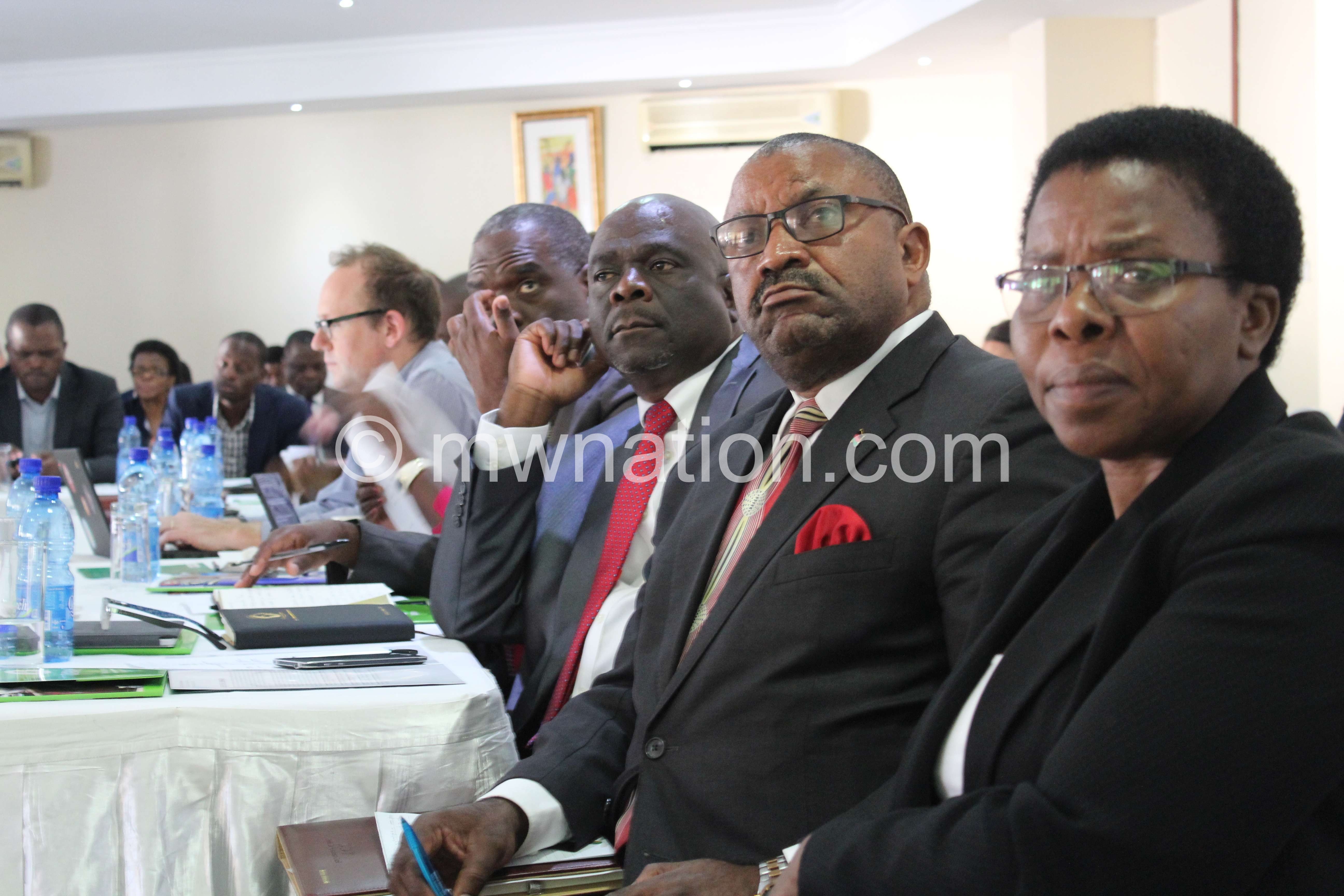Oxfam urges restoration of budget support
Oxfam Malawi has appealed to development partners to restore budgetary support and ensure interventions in healthcare and education are well funded.
However, Oxfam has said donors can only come in if the Malawi Government takes steps to tackle corruption and other forms of Cashgate—the plunder of public resources—which have happened since 2013.

The weakness in public finance management where individuals stole billions from the government resulted in donors withdrawing budgetary support in favour of off budget support which the government has argued is uncoordinated and unsustainable.
Launching the report yesterday in Lilongwe titled Closing the Divide in Malawi which propose solutions to reducing inequality in the country, Oxfam International regional director for Southern Africa Nellie Nyang’wa said the country should ultimately transition away from aid, though it still needs donor support.
She said: “Restoring budget support is the most urgently needed action donors should take to enhance aid quality and ensure critical government interventions like healthcare and education can be funded. Of course, this brings us back to zero-tolerance of corruption, a critical enabler of this step.”
Nyang’wa said there were multiple negative impacts of corruption on public revenue and the poor were paying the biggest price for this.
Oxfam blamed the rising domestic debt and high interest rates on withdrawal of budgetary support.
In 2016 alone, the country’s debt payment was $200 million.
Oxfam observed that as a result, there was a mismatch in the levels of revenue that the government was raising and what was being spent to ensure service delivery reached Malawians.
Reacting to the report, chief director of Economic Planning and Development, Peter Simbani, said some of the recommendations by Oxfam would not be taken on board as they needed further discussions, but government still needed budgetary support.
“Most donors moved away from providing budgetary support due to corruption but other governments stopped because of new policies of providing aid off budget. We are discussing with some donors to move away from off budget financing because it goes against the principles of the Paris Declaration,” he said.
But Nyang’wa said the recommendations were feasible if only government could move away from implementing upside down policies.
Oxfam gave an example of tax system reforms such as exempting basic necessities from value added tax (VAT) and increasing the tax band for high income earners as well as launching a review of the wealth taxation, including land rates for high value land.
Oxfam asked the government to avoid carrying out rapid increases in revenue through regressive forms of taxation which impact negatively on the poor and further widen inequality between the rich and the poor.





